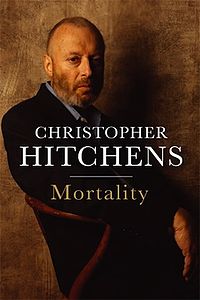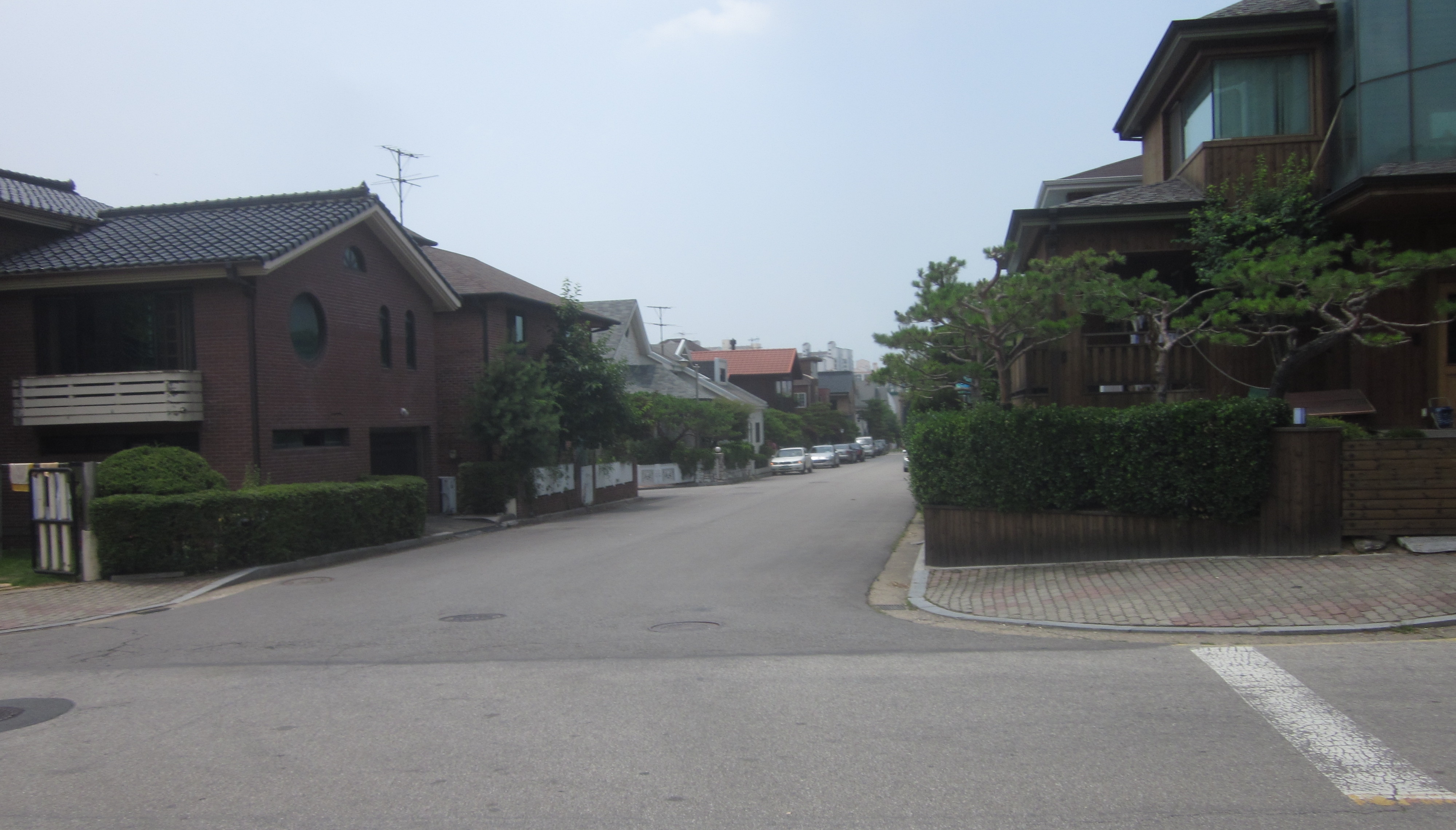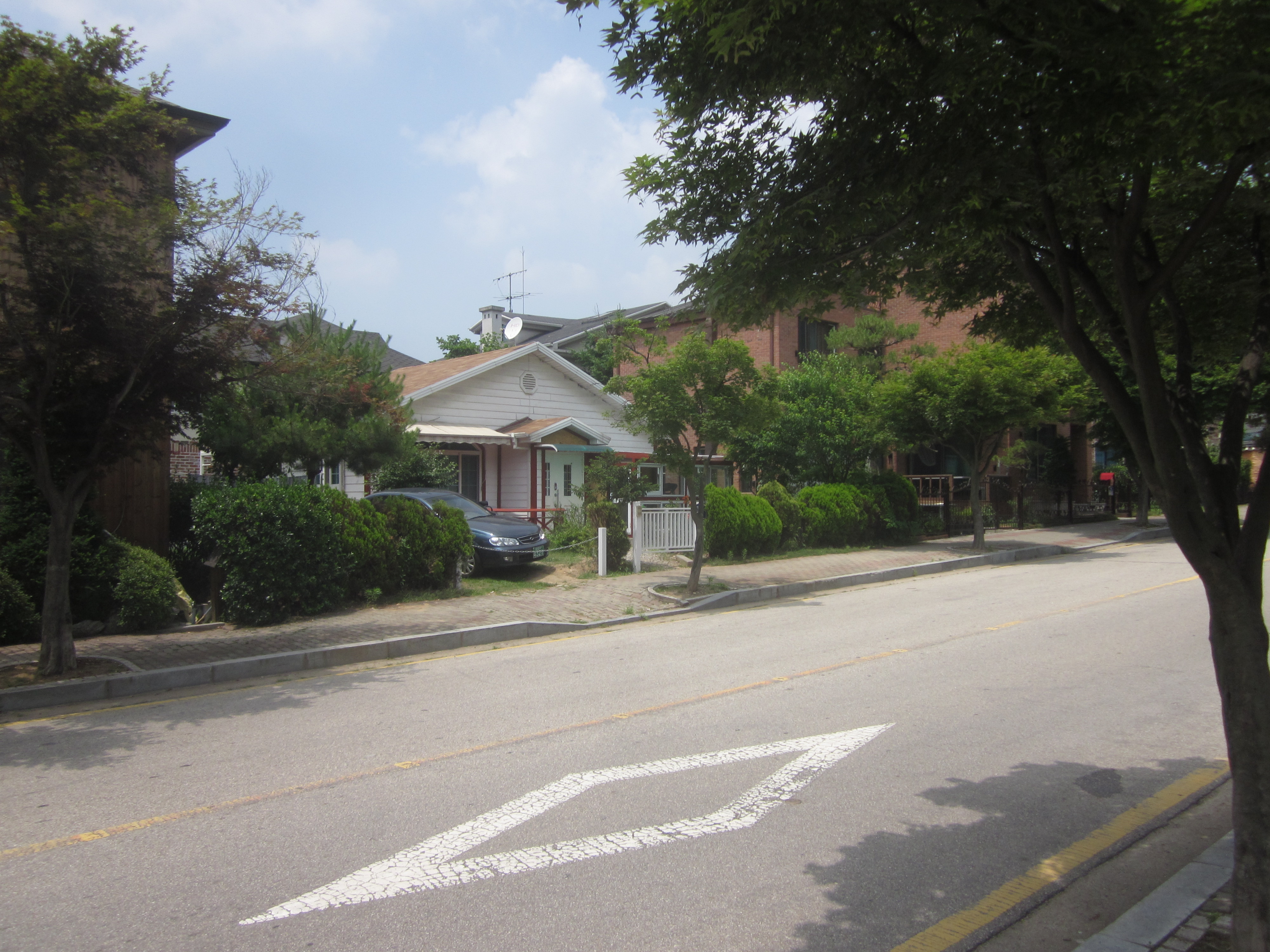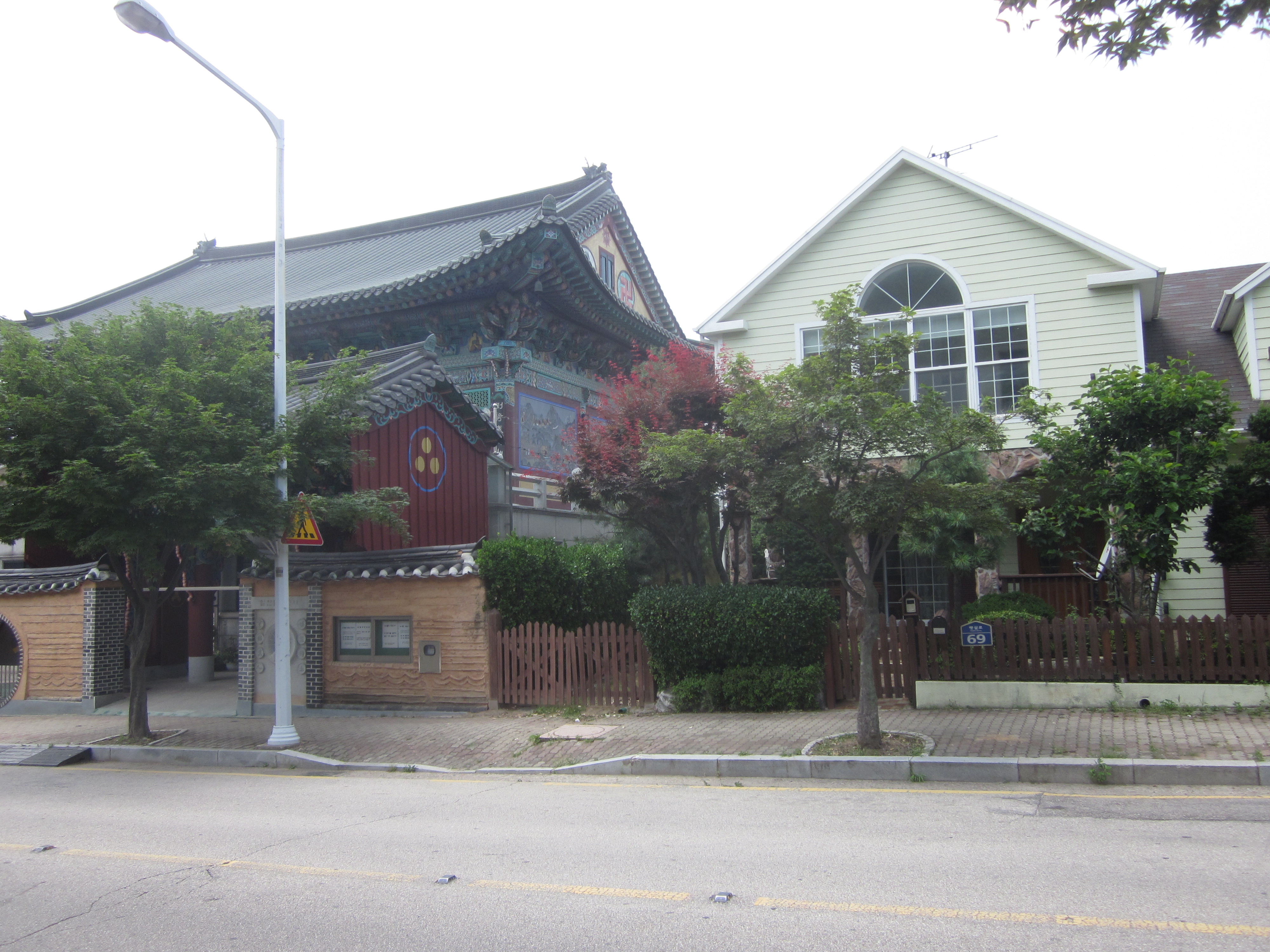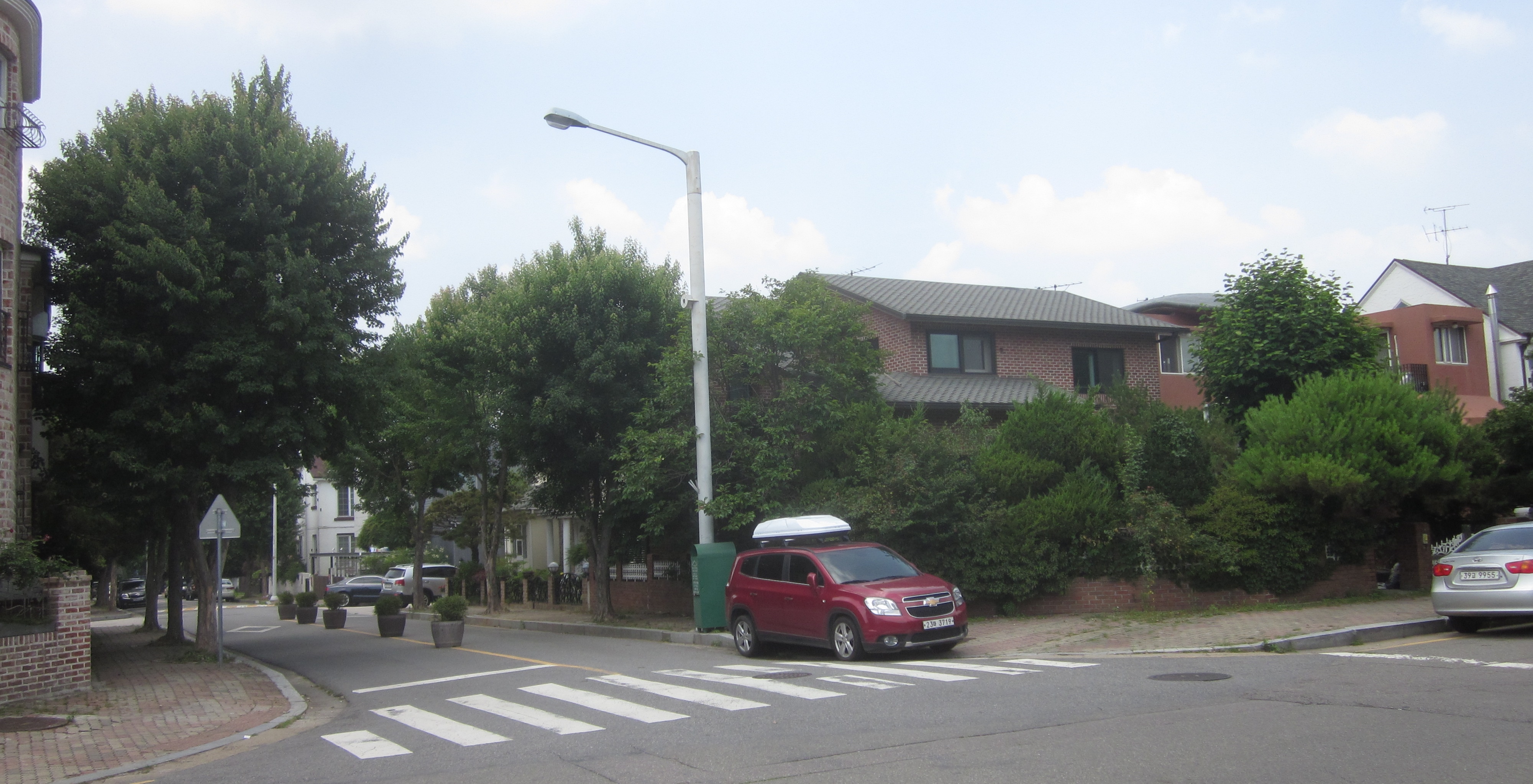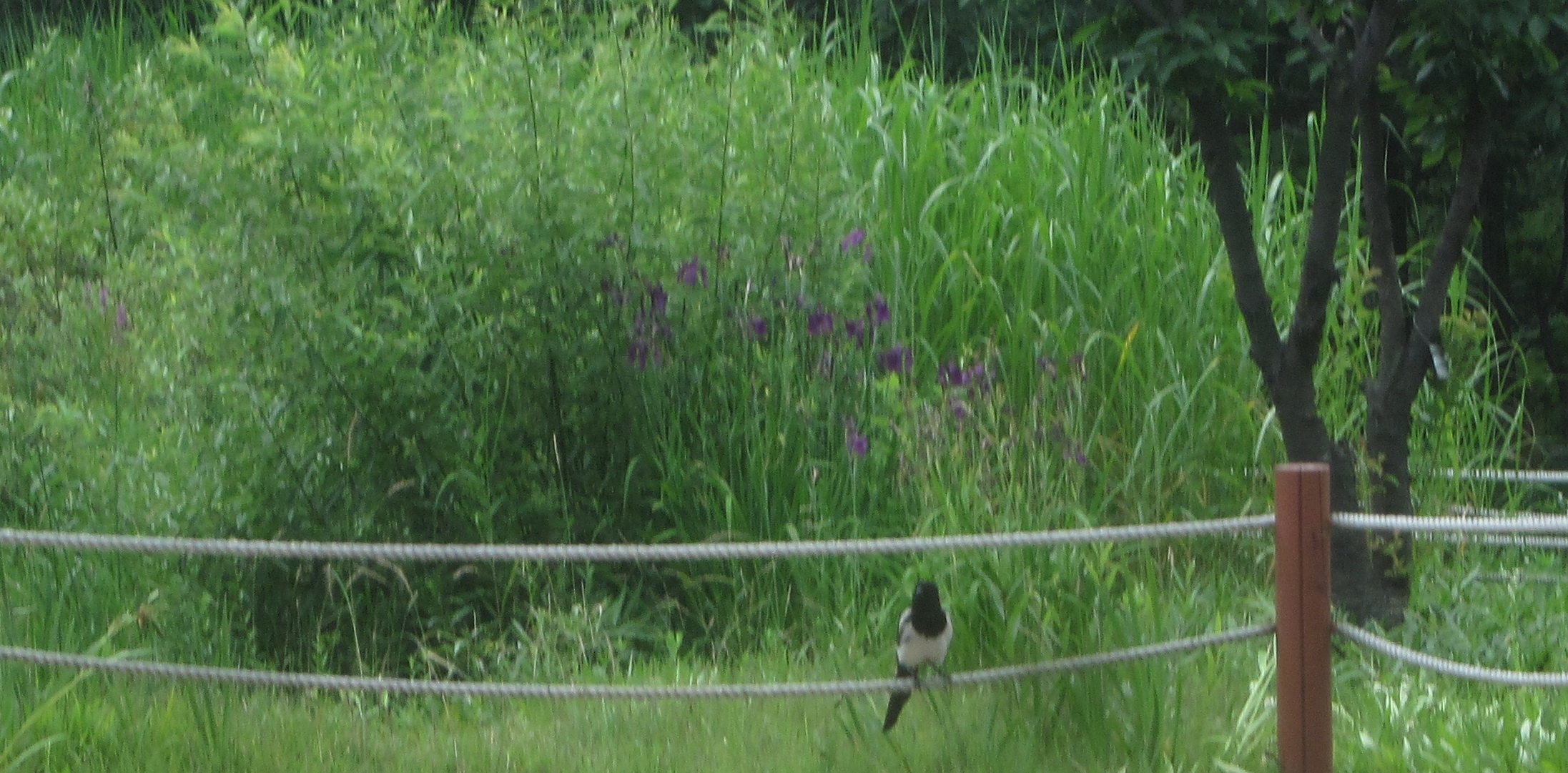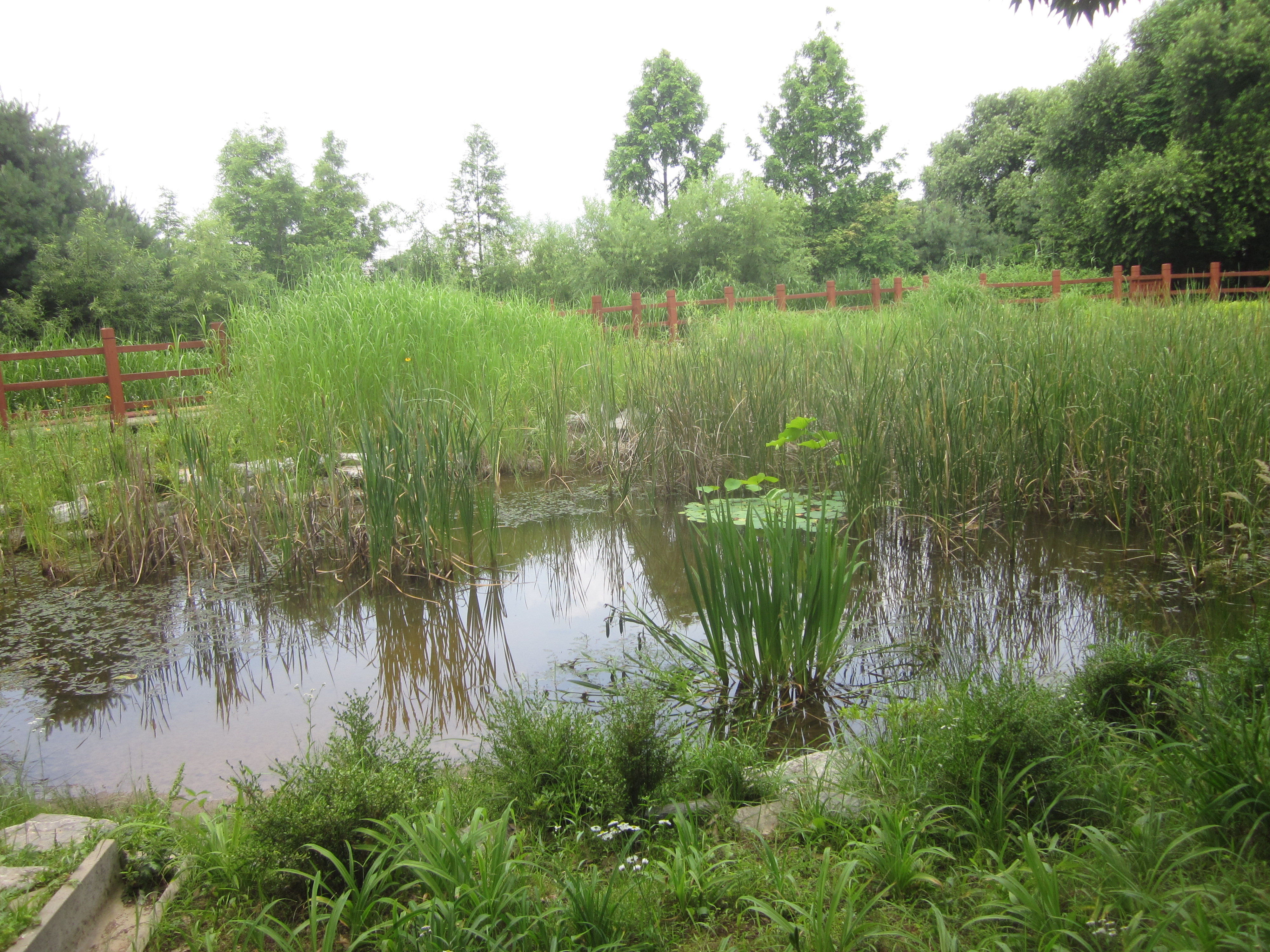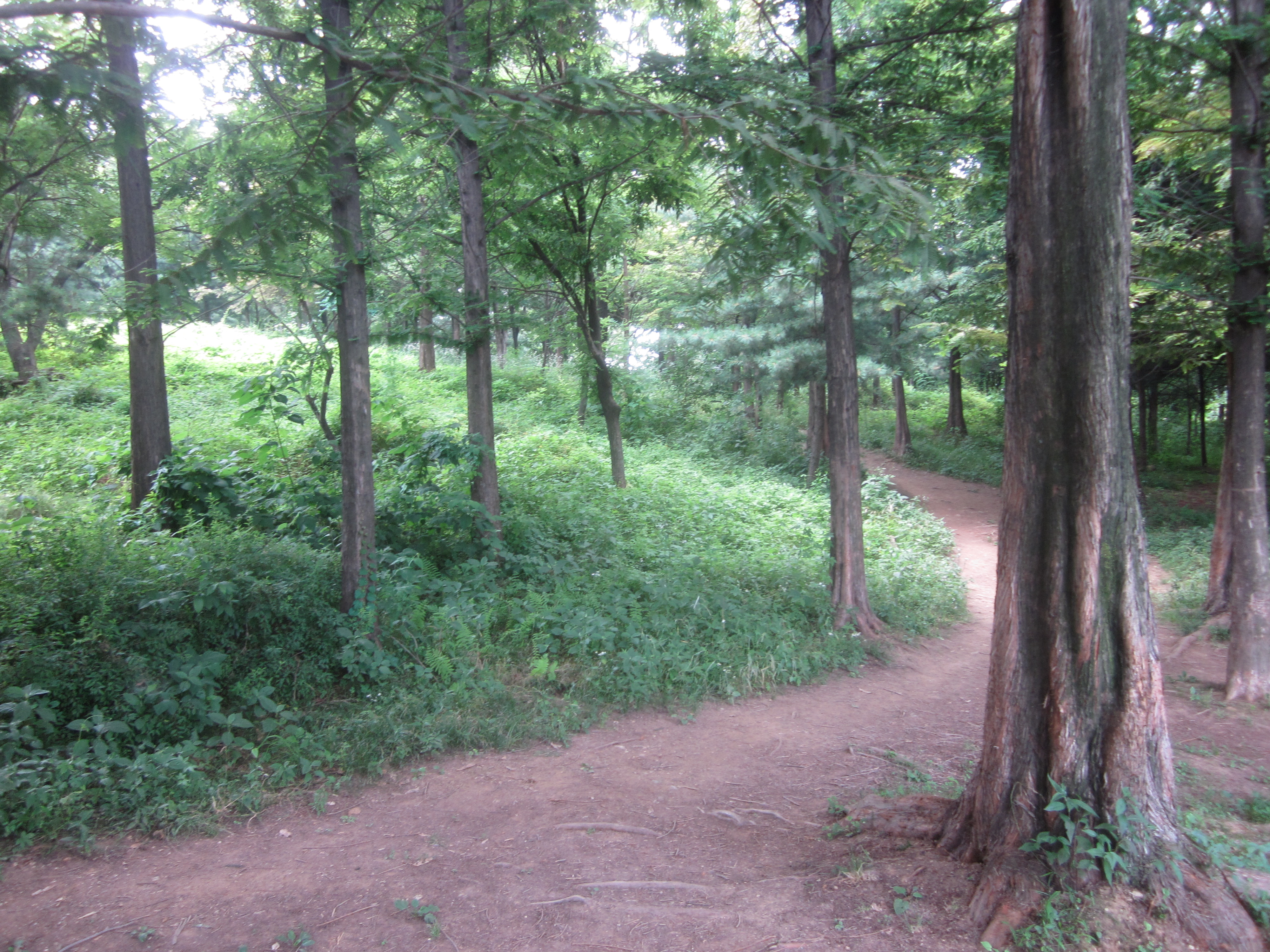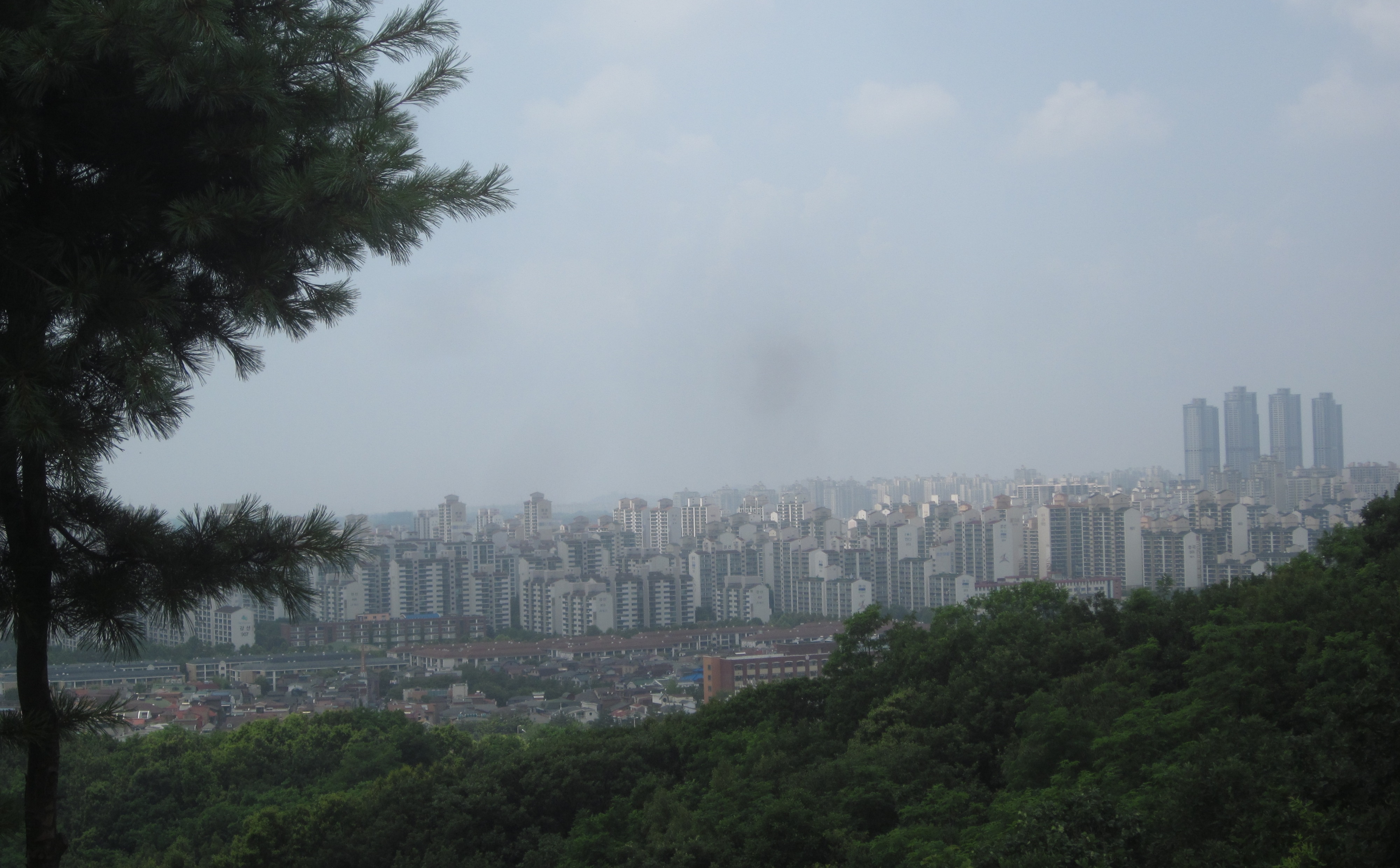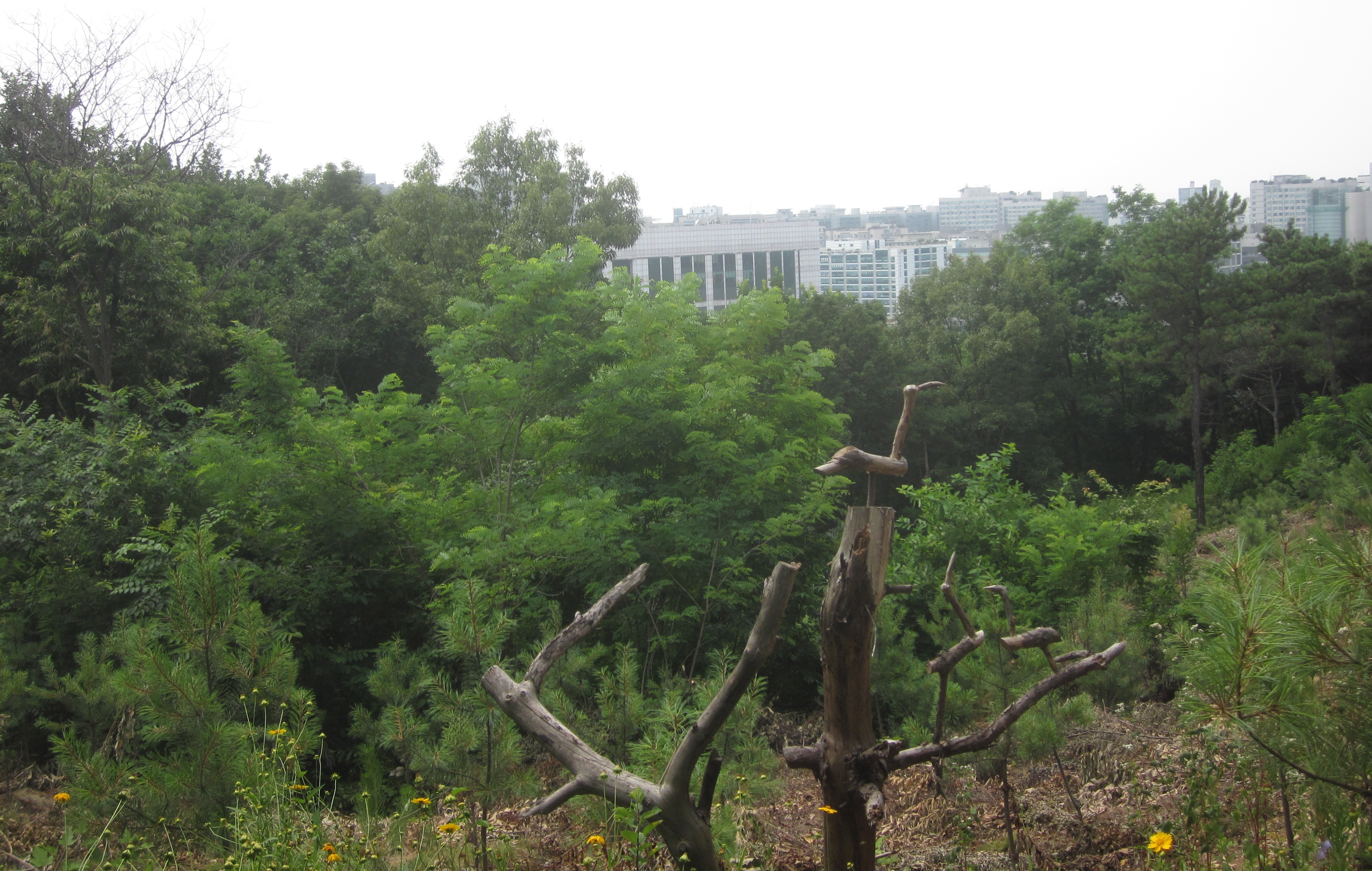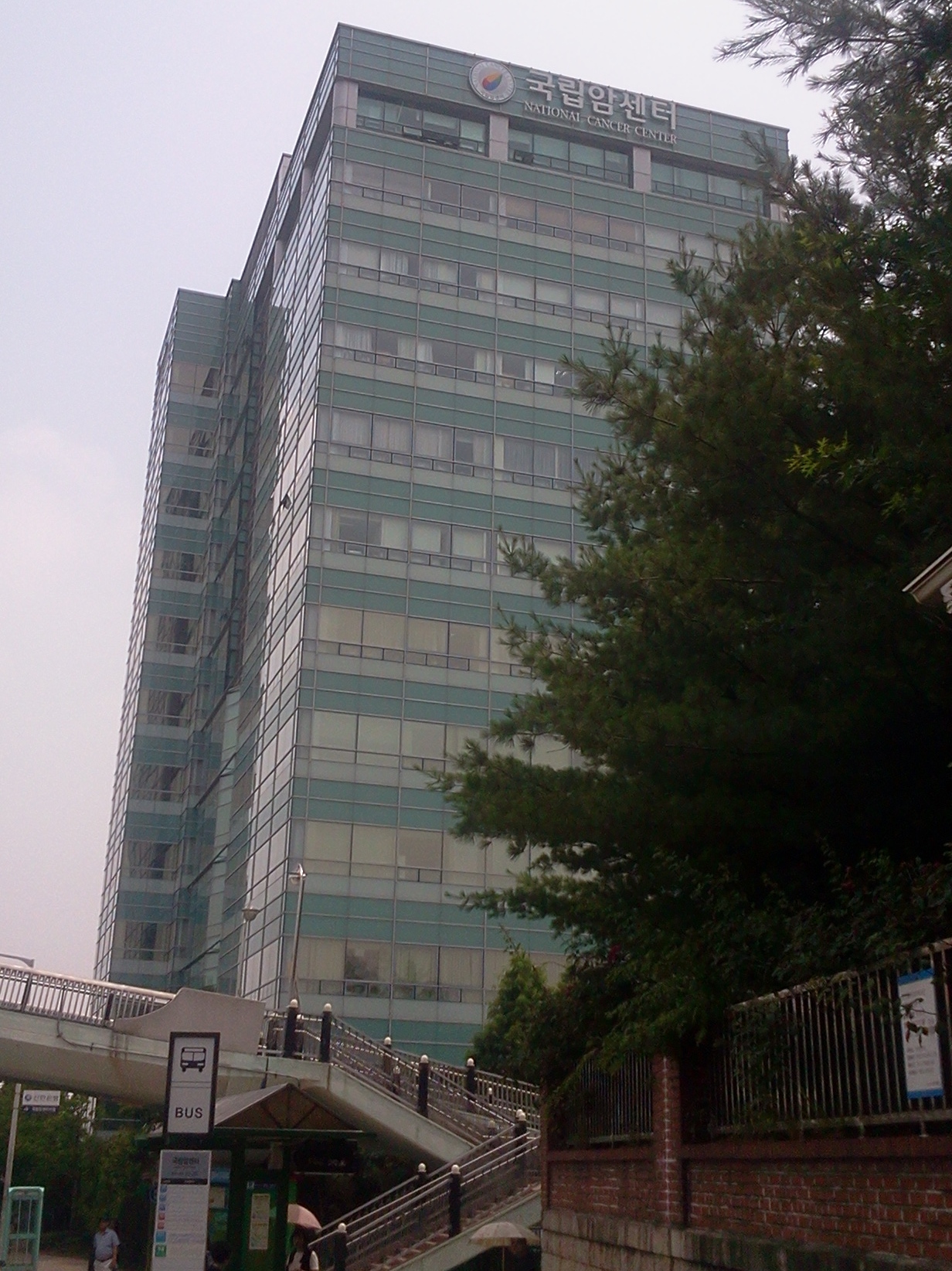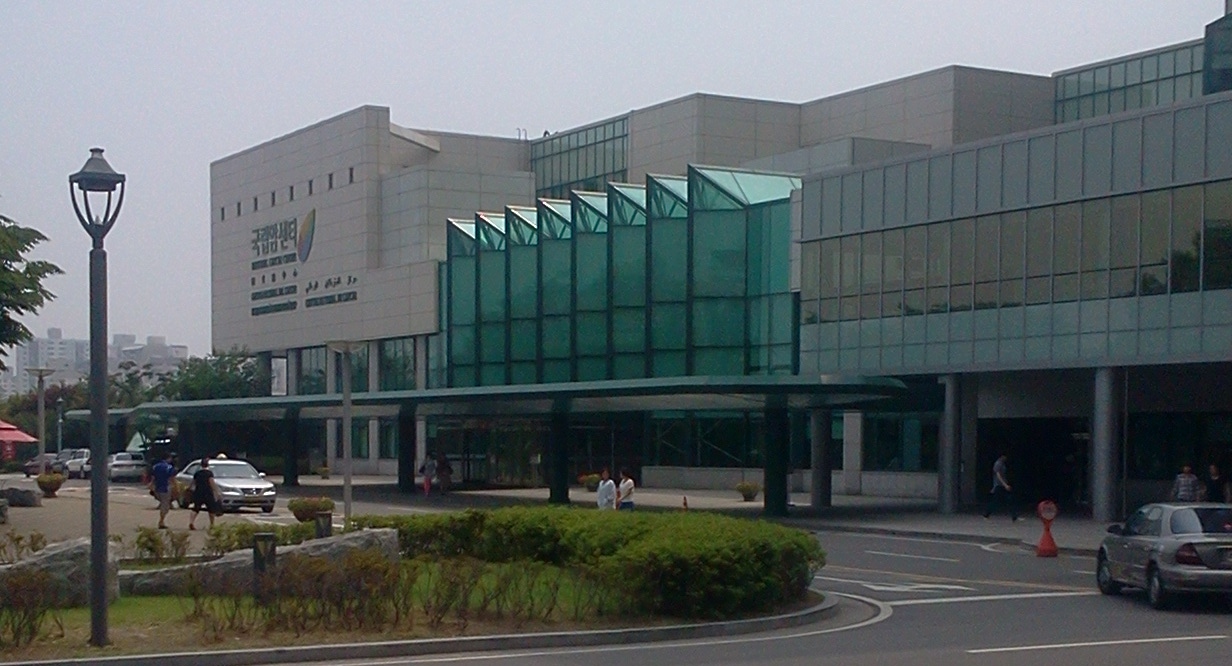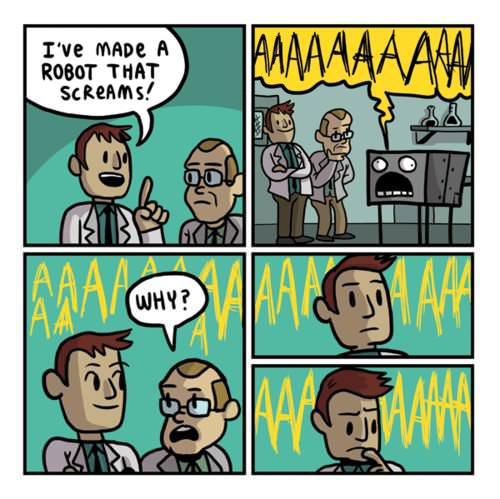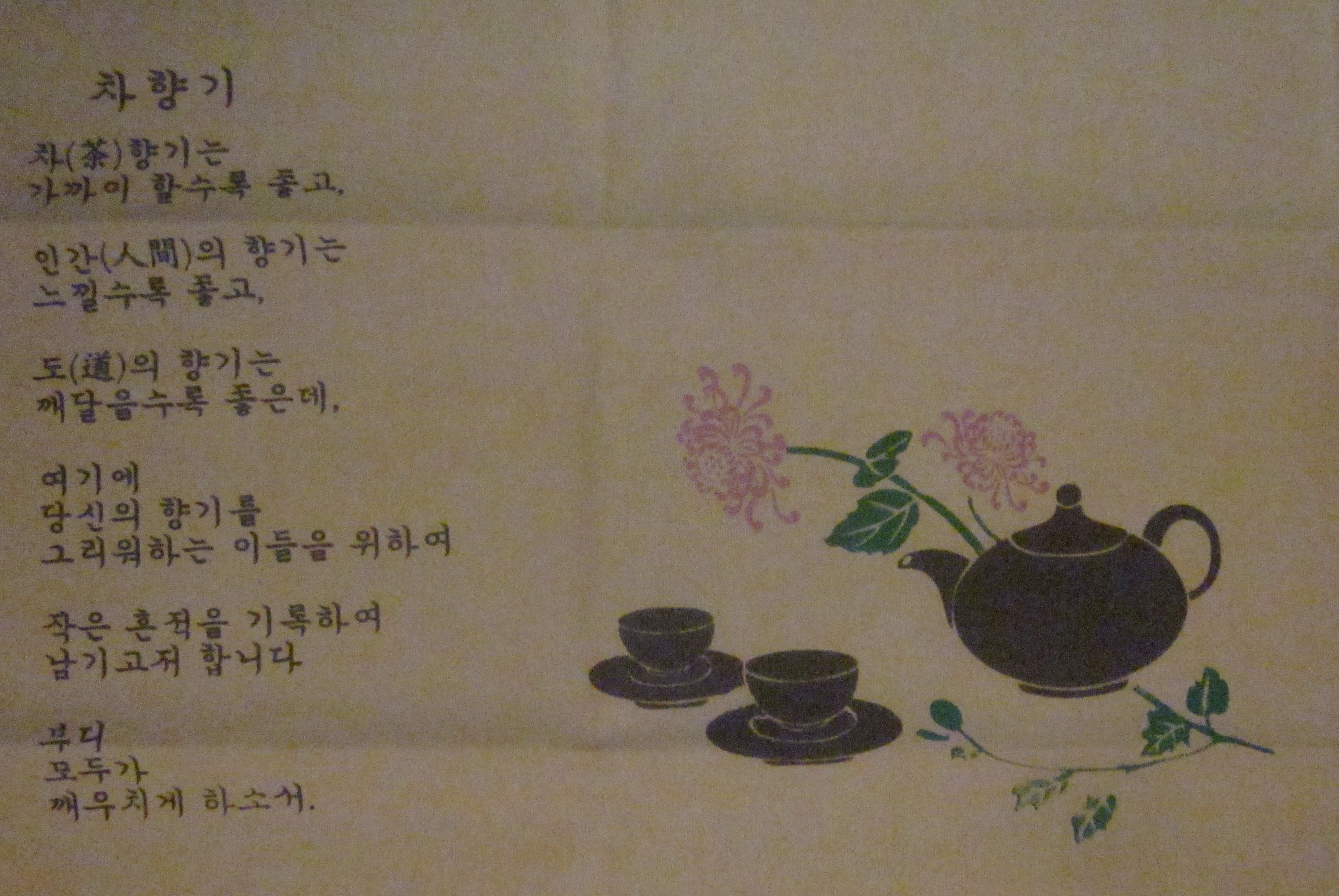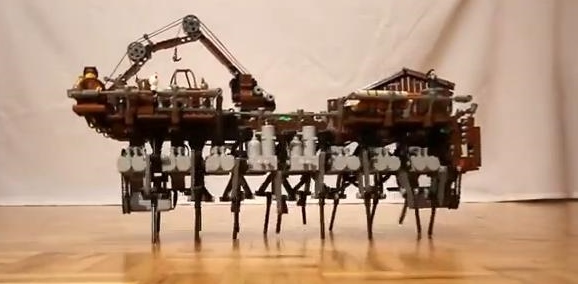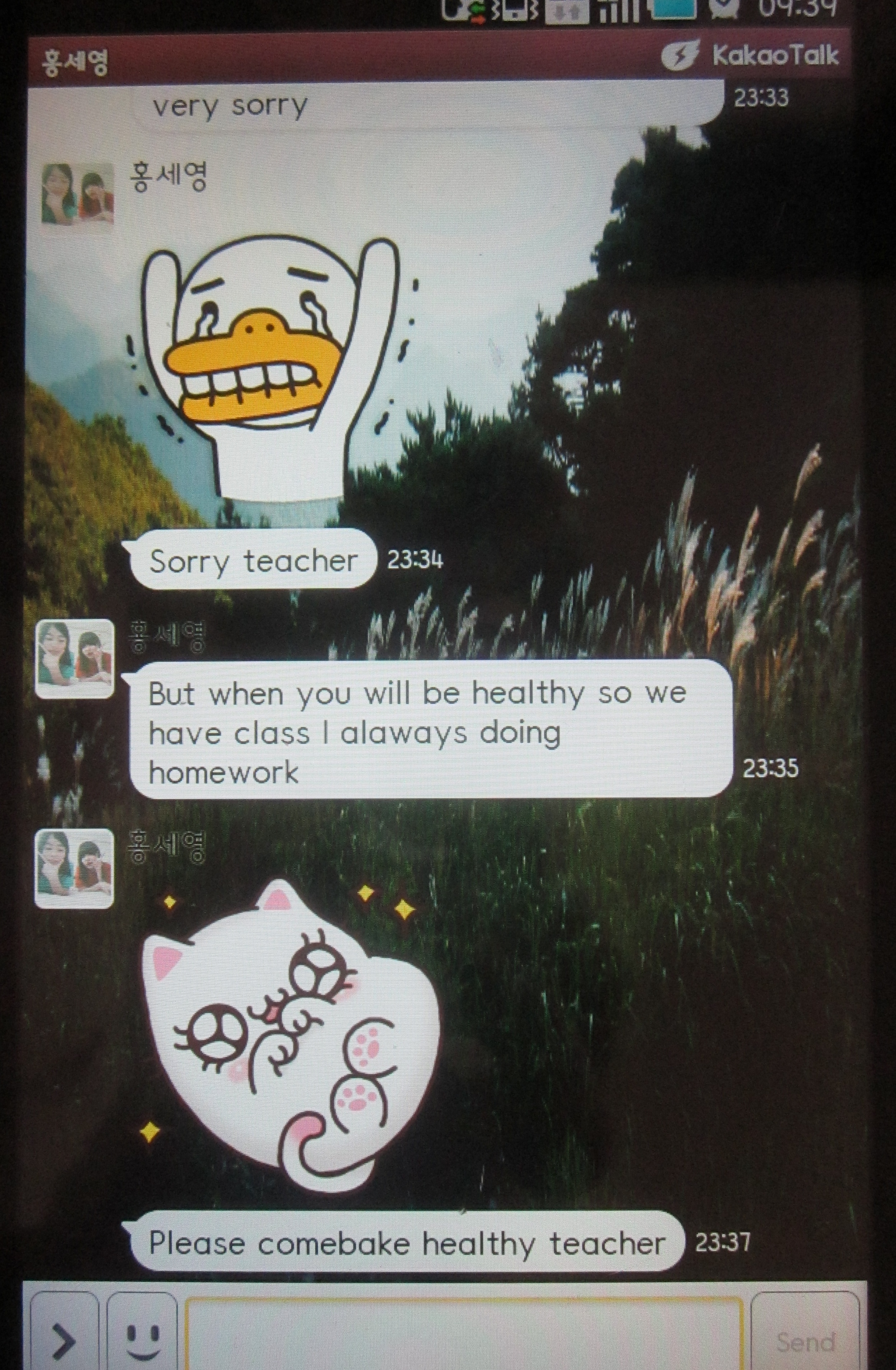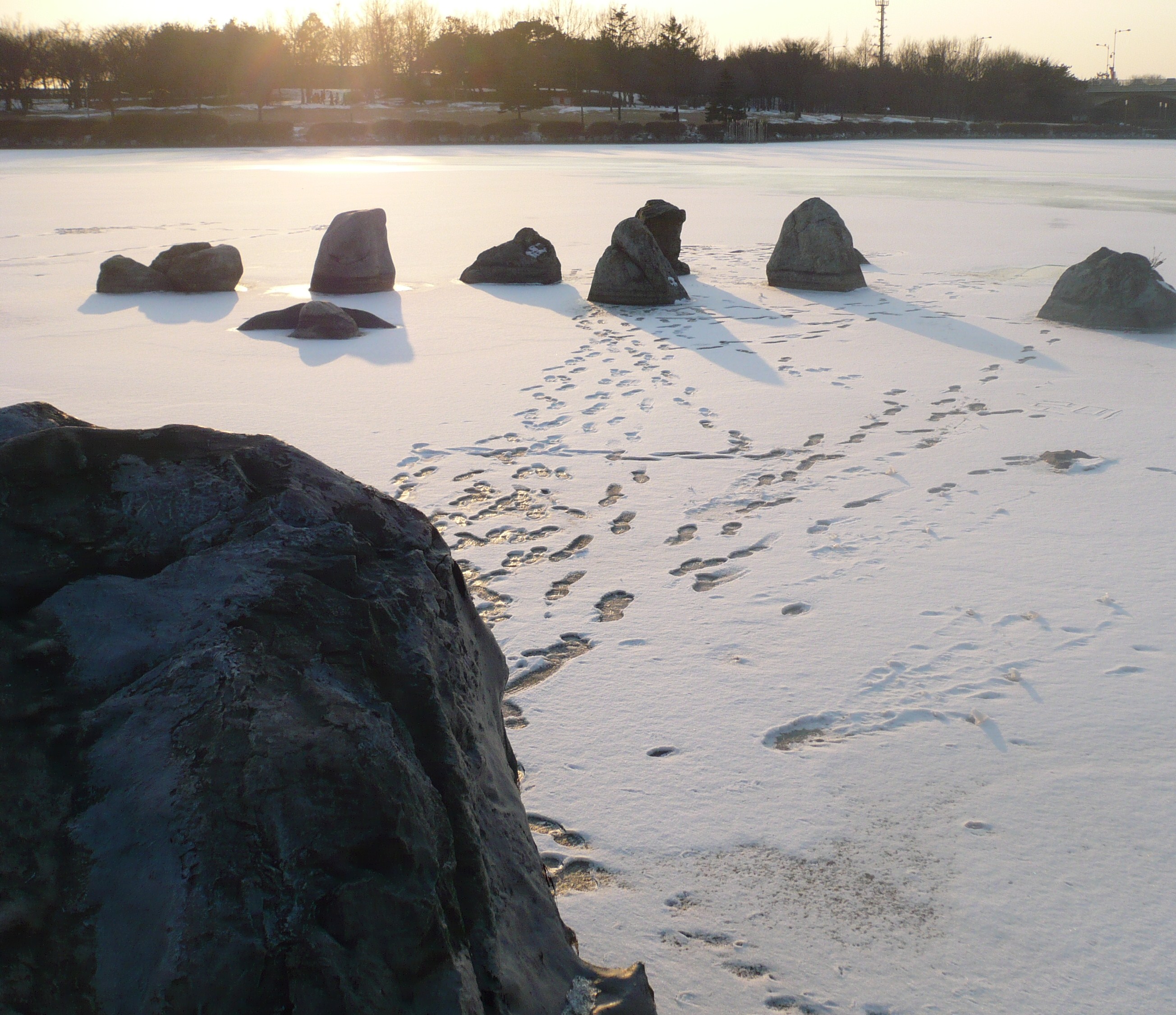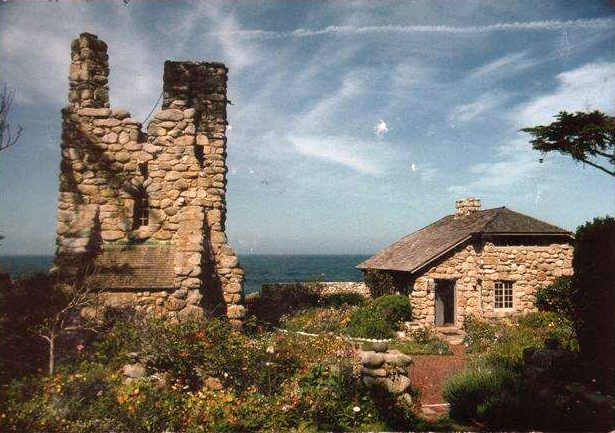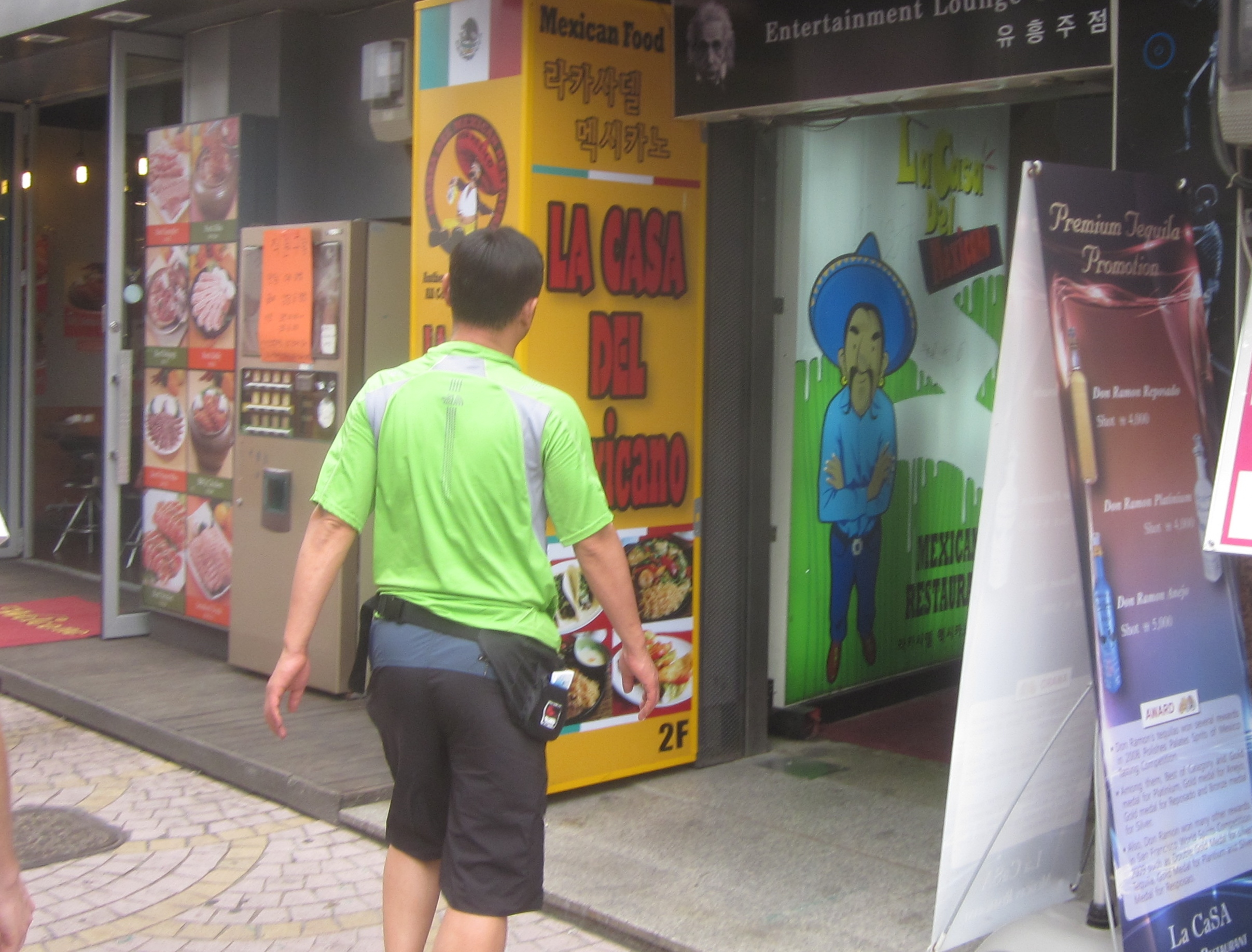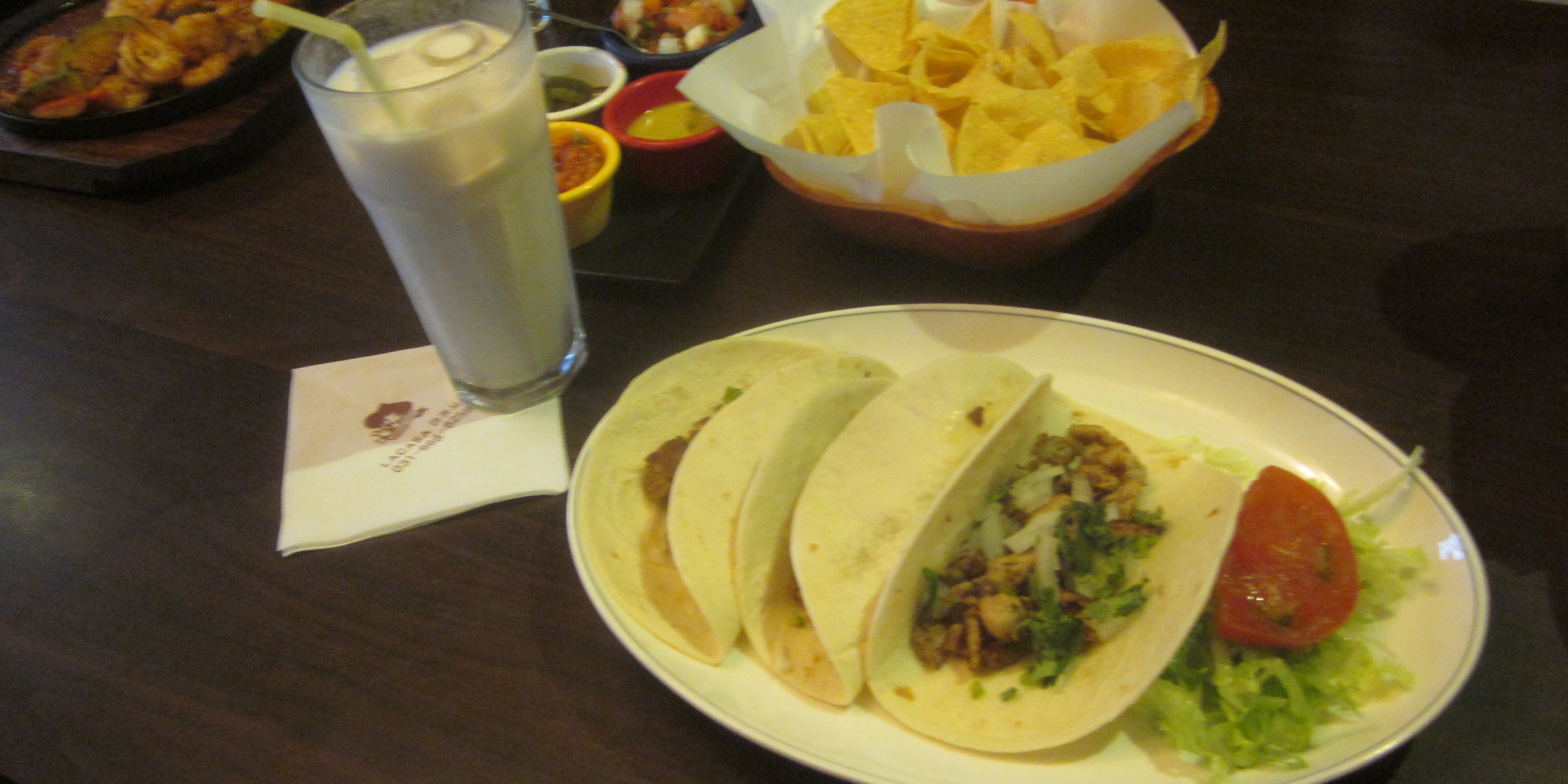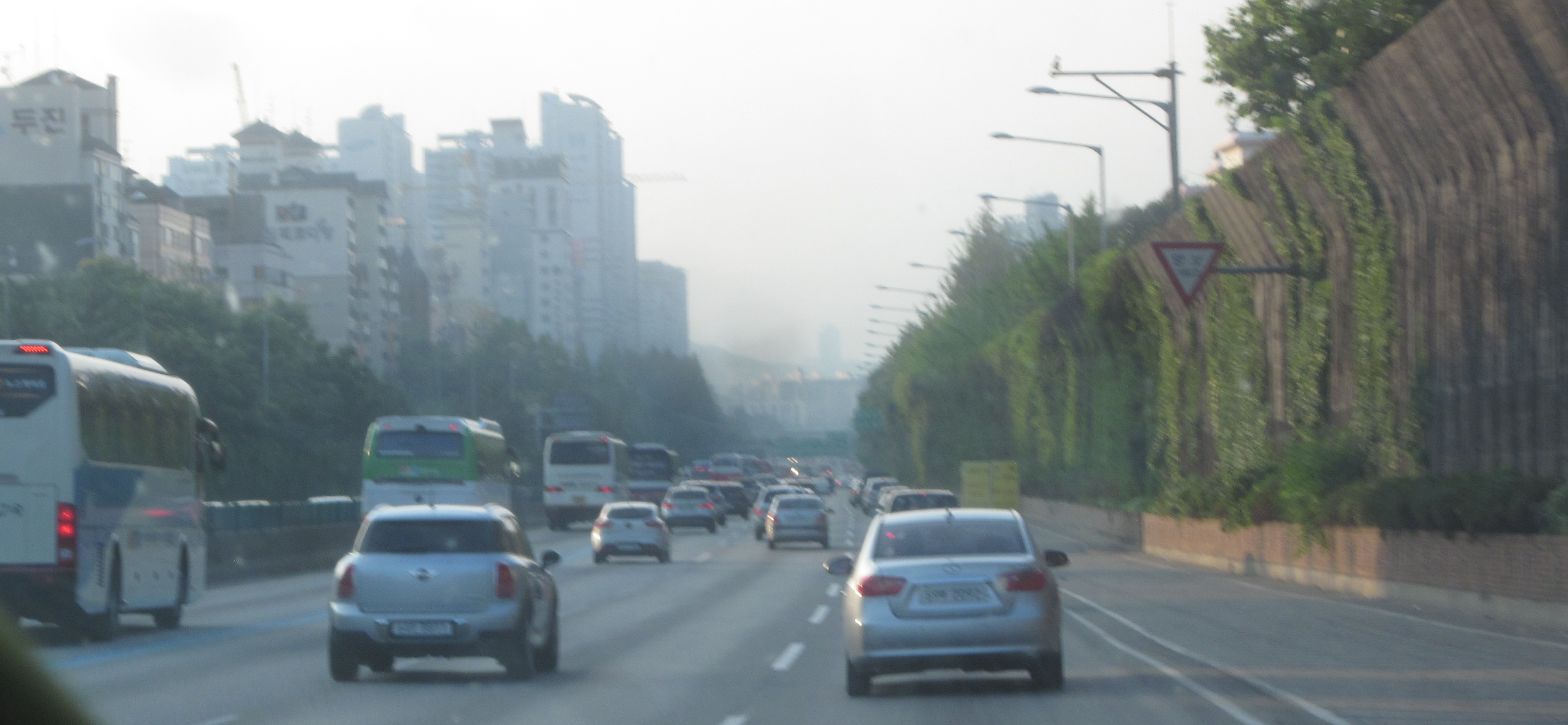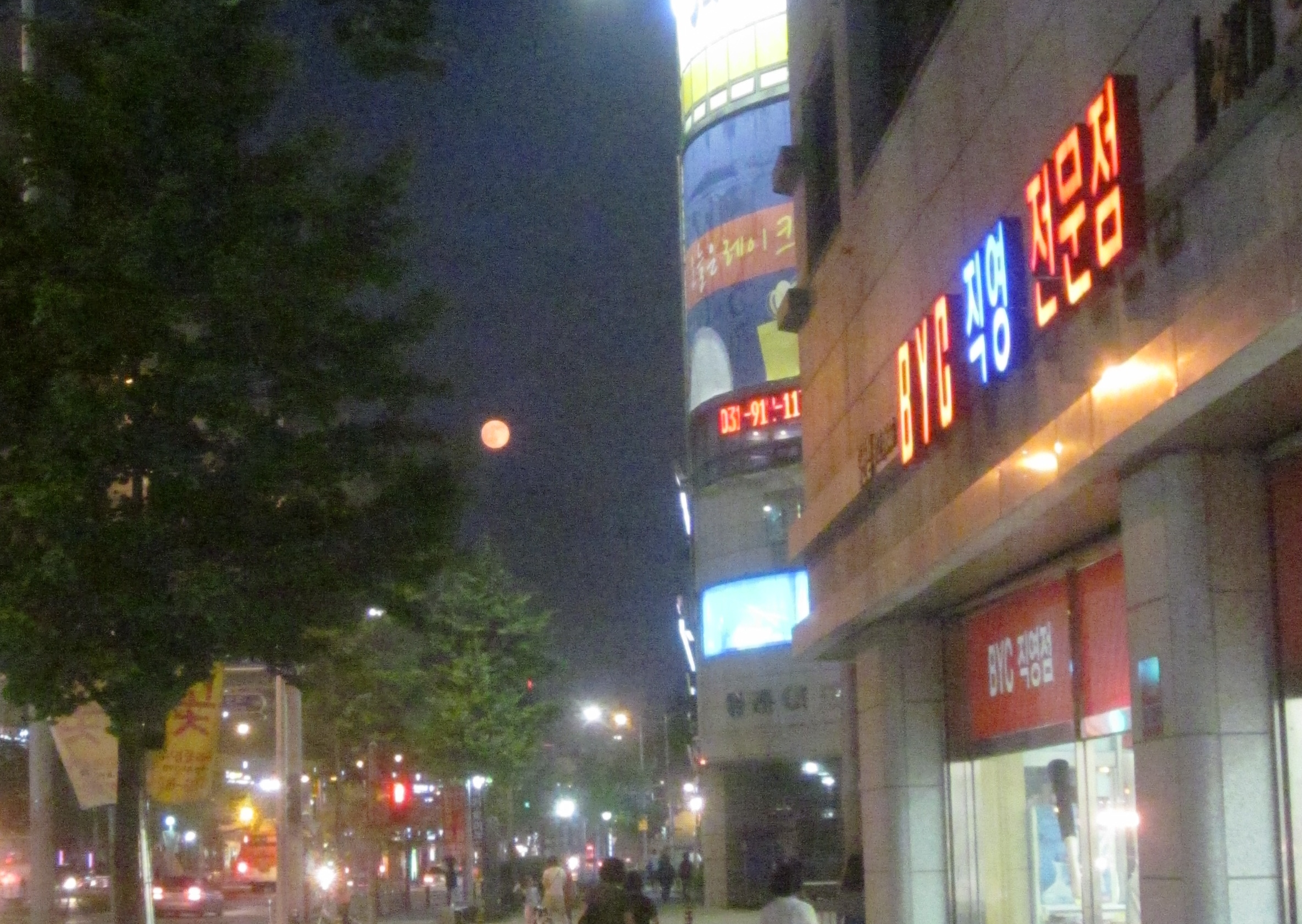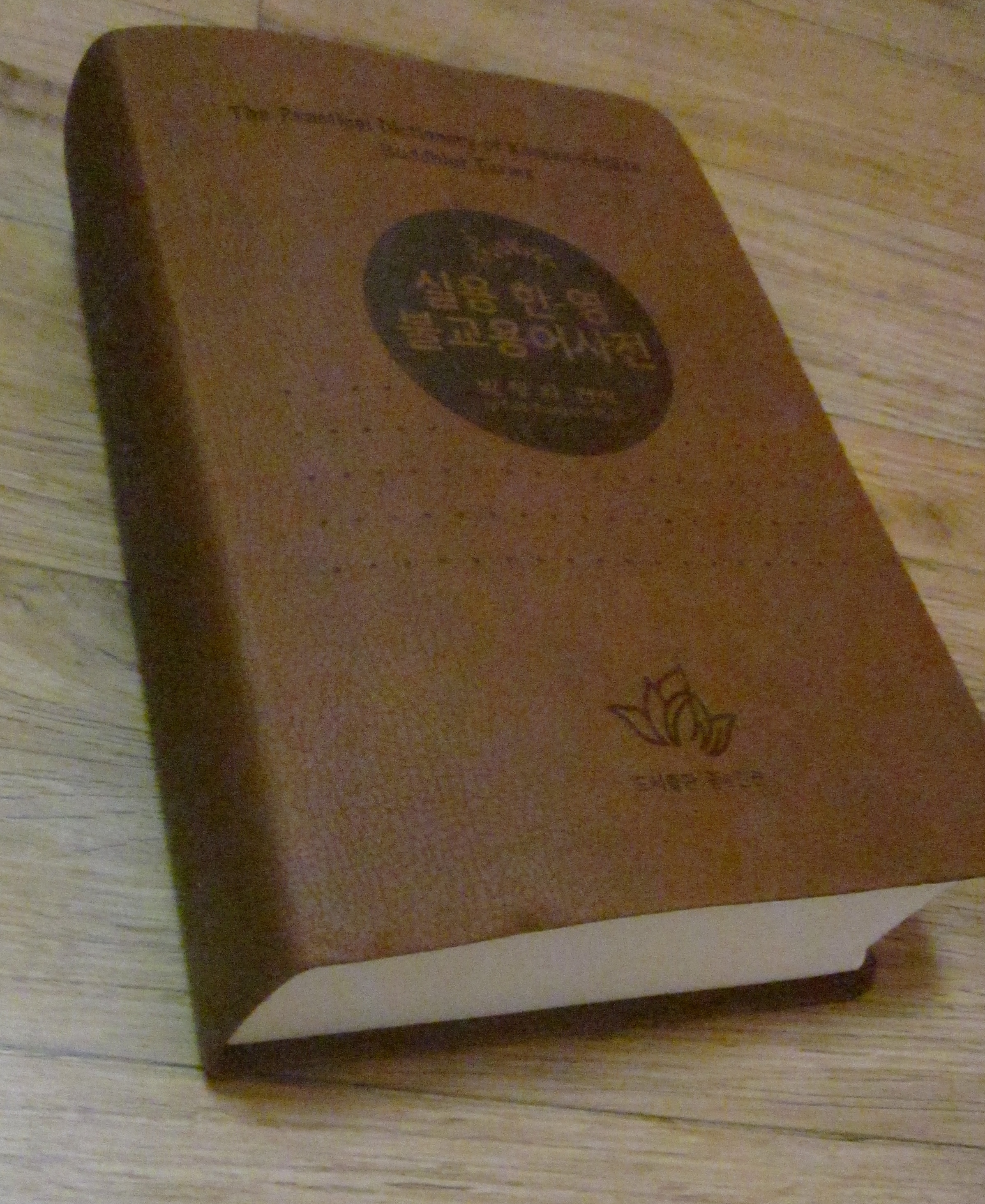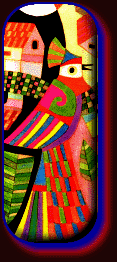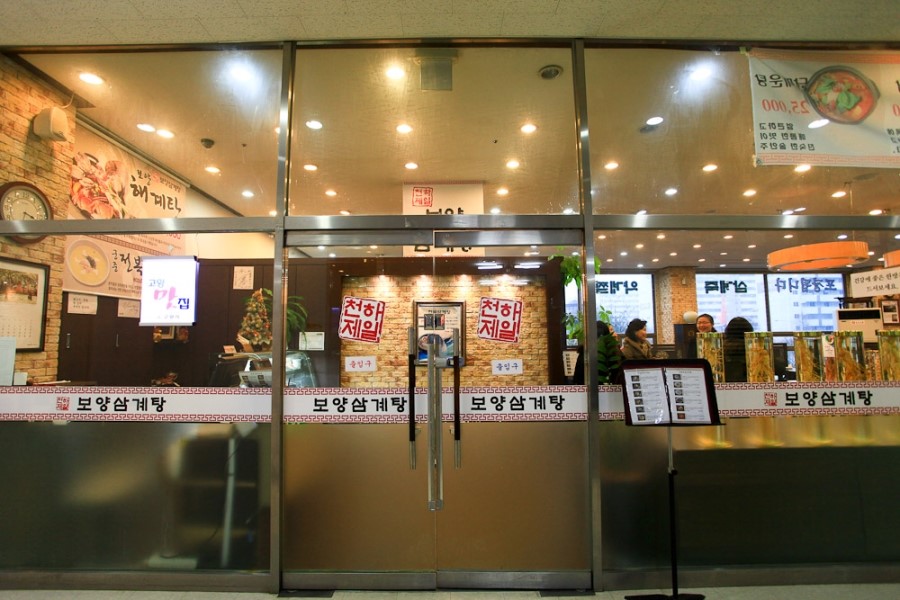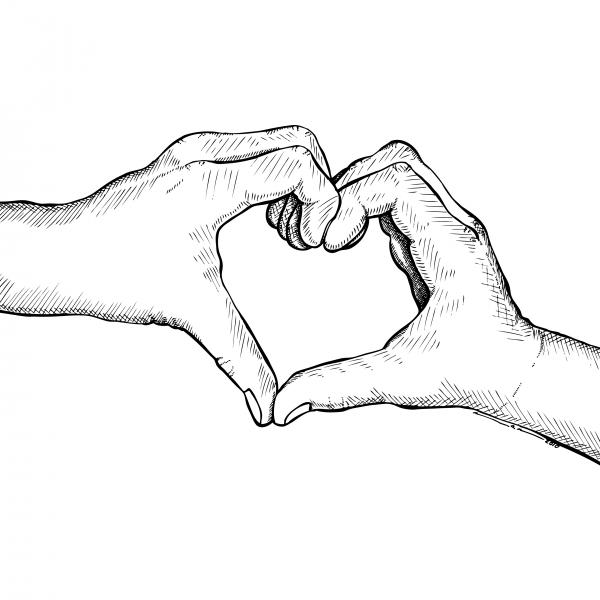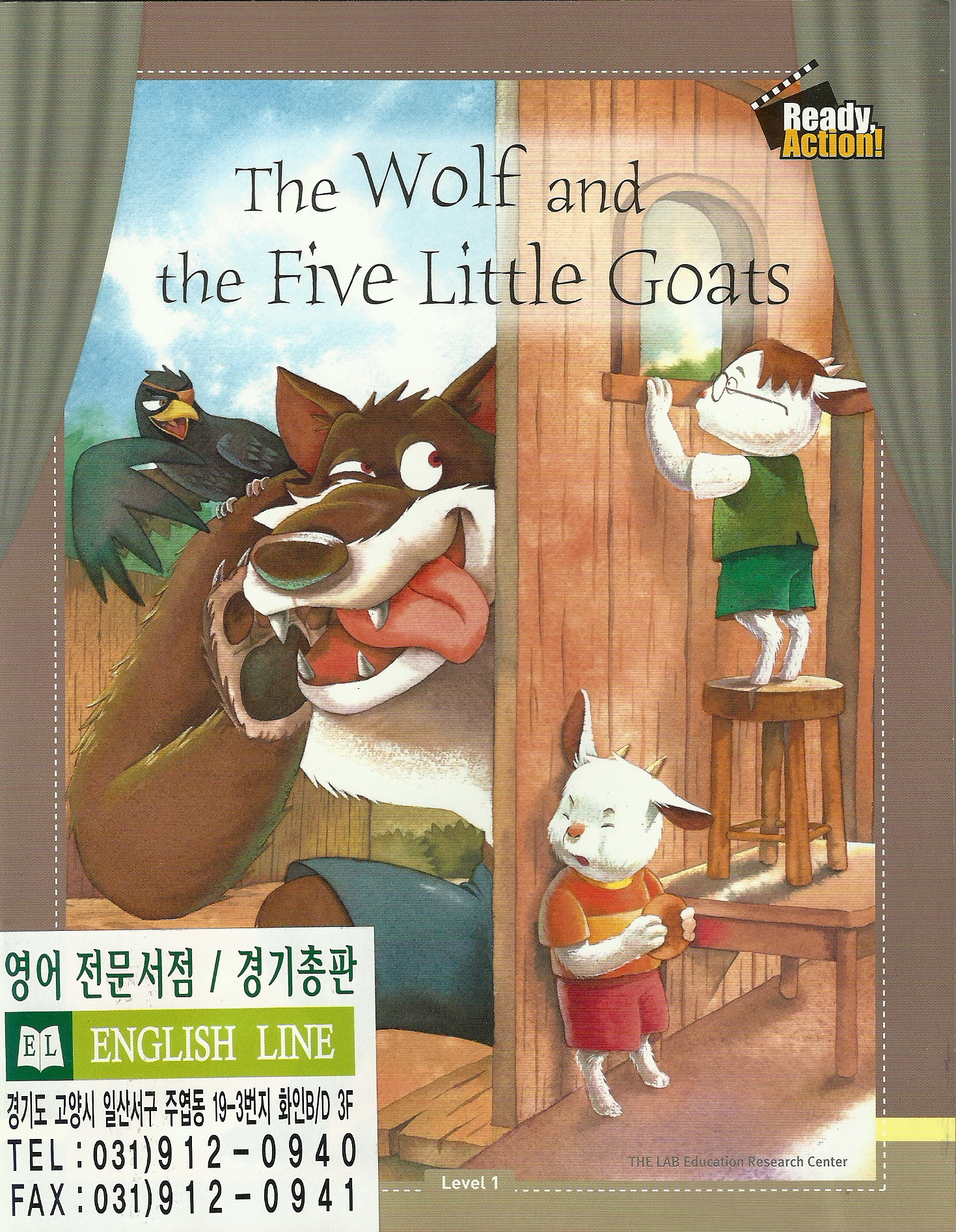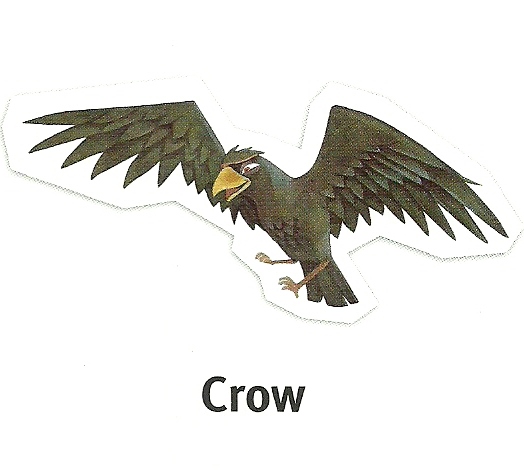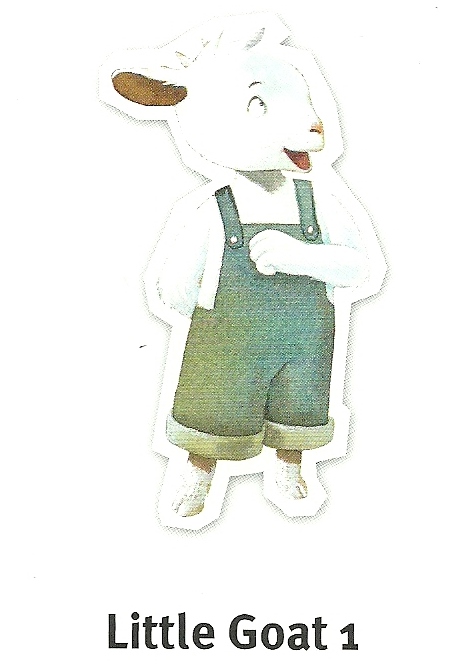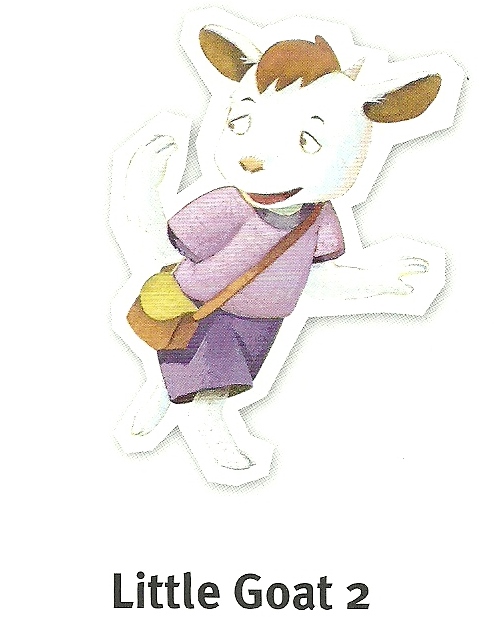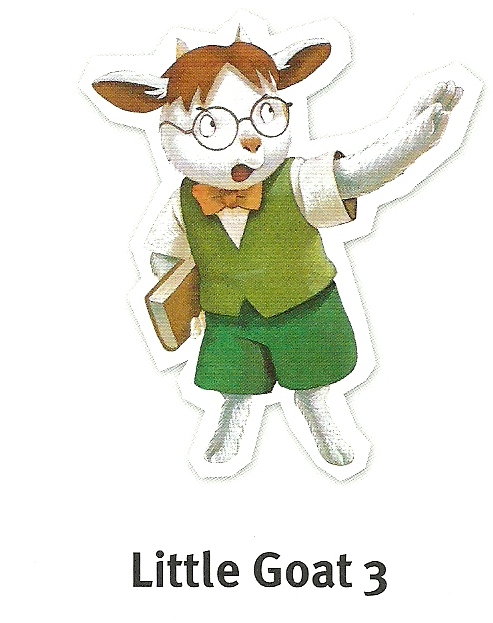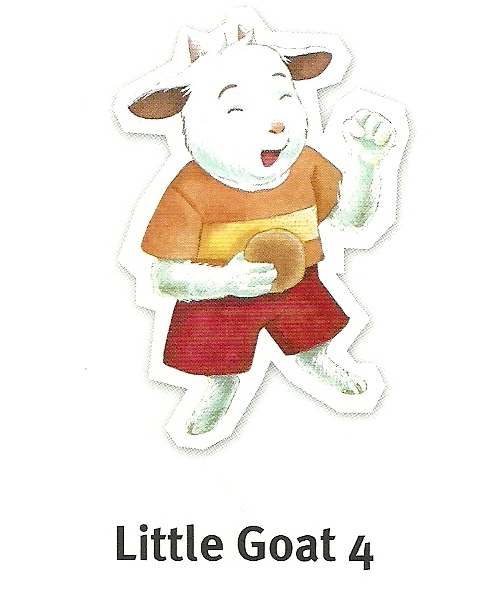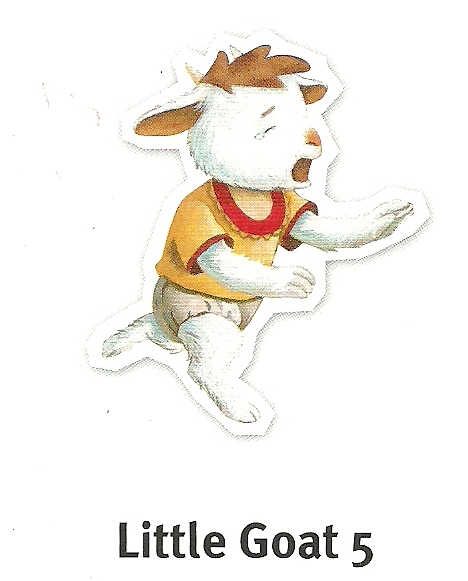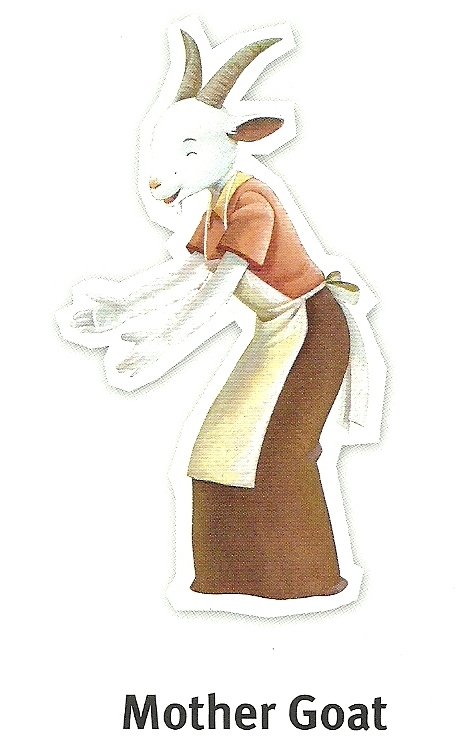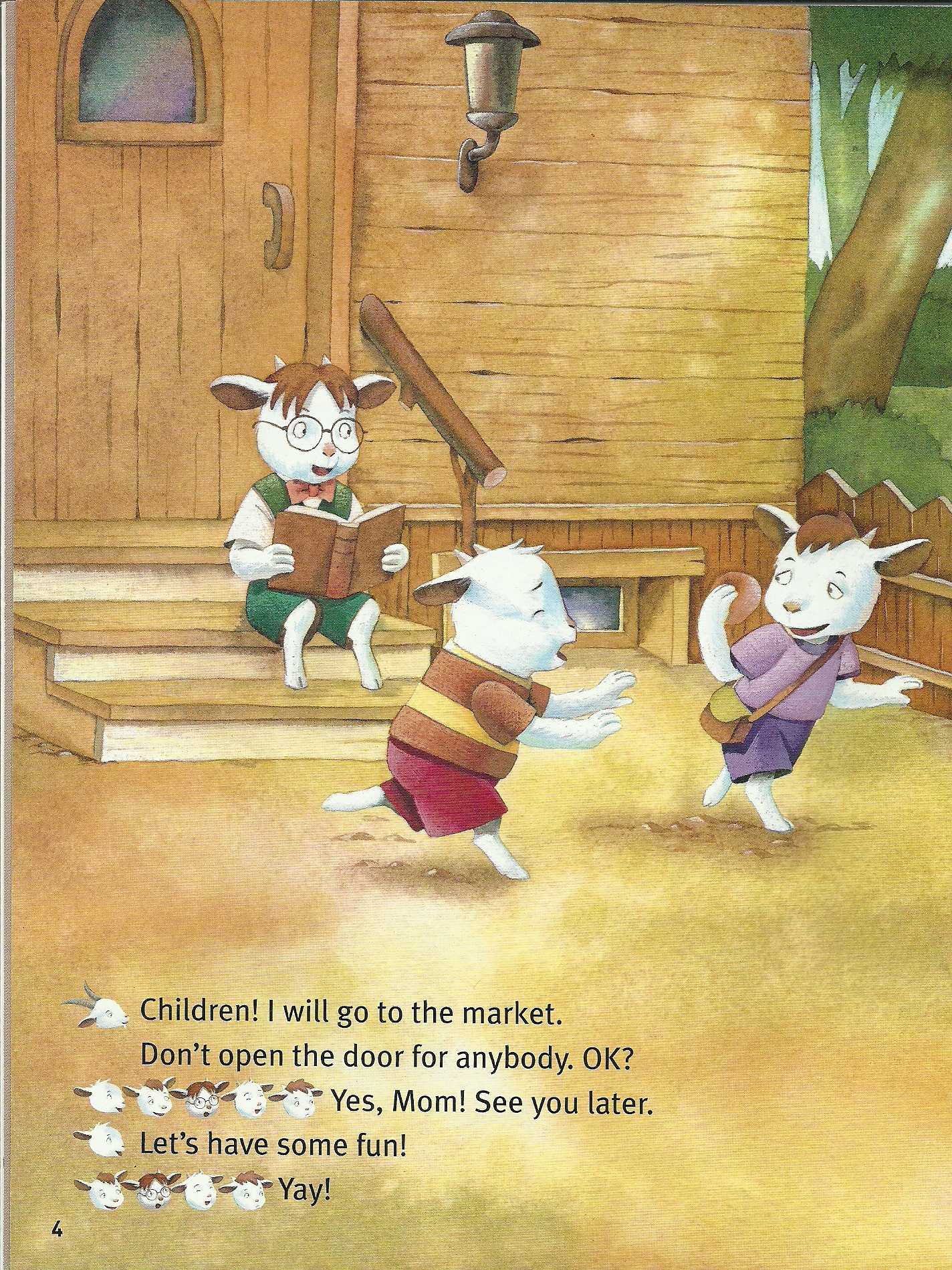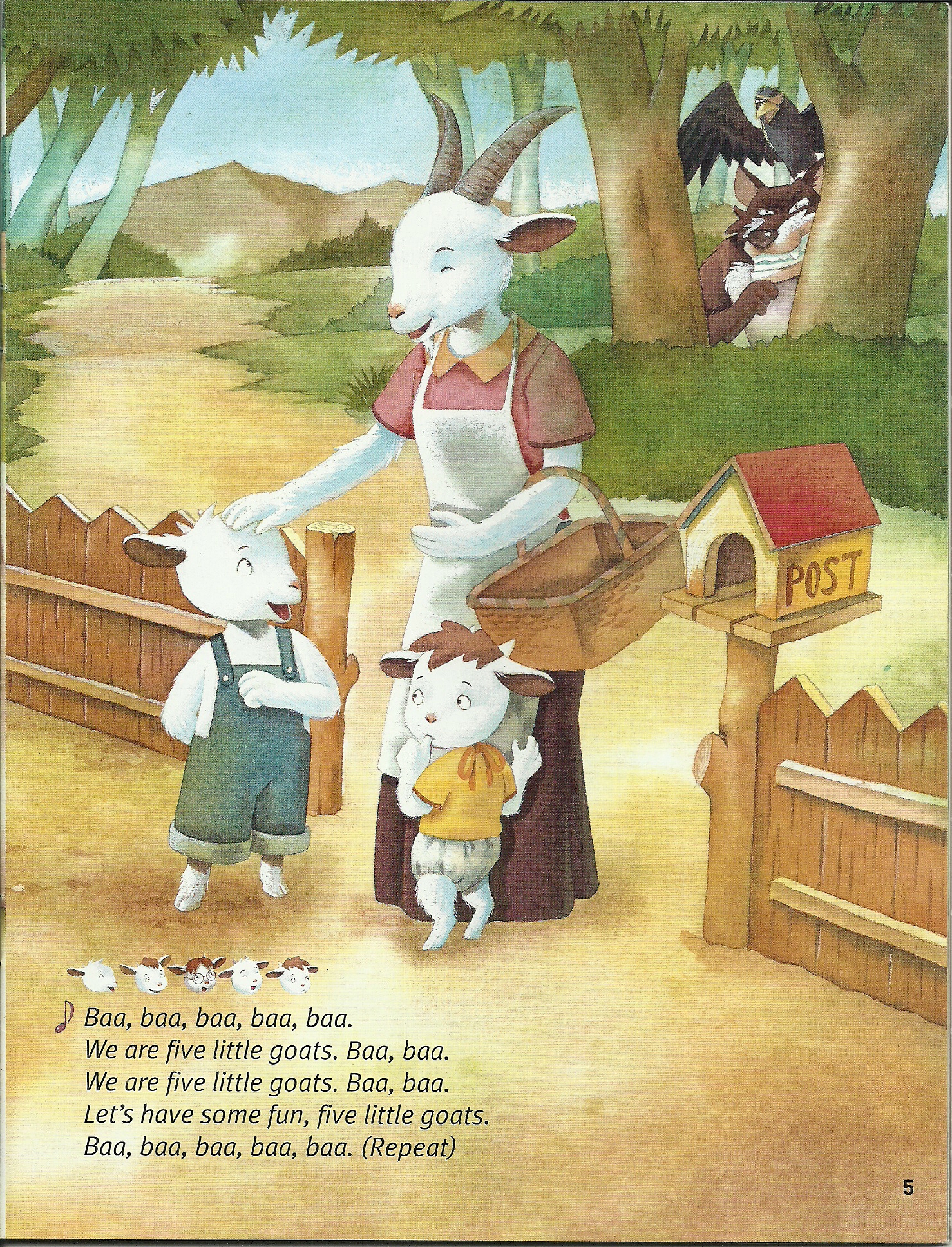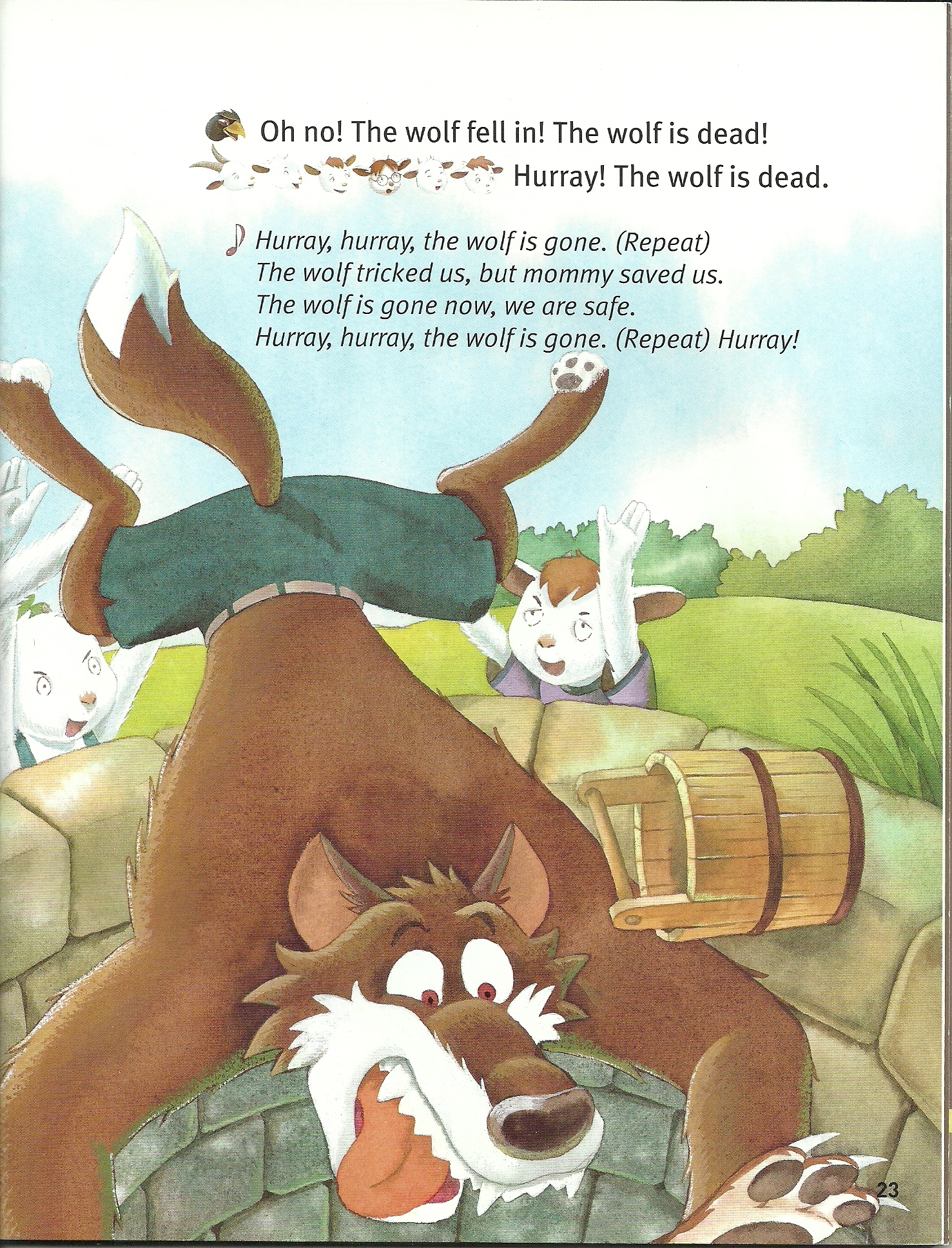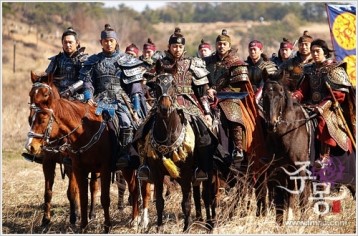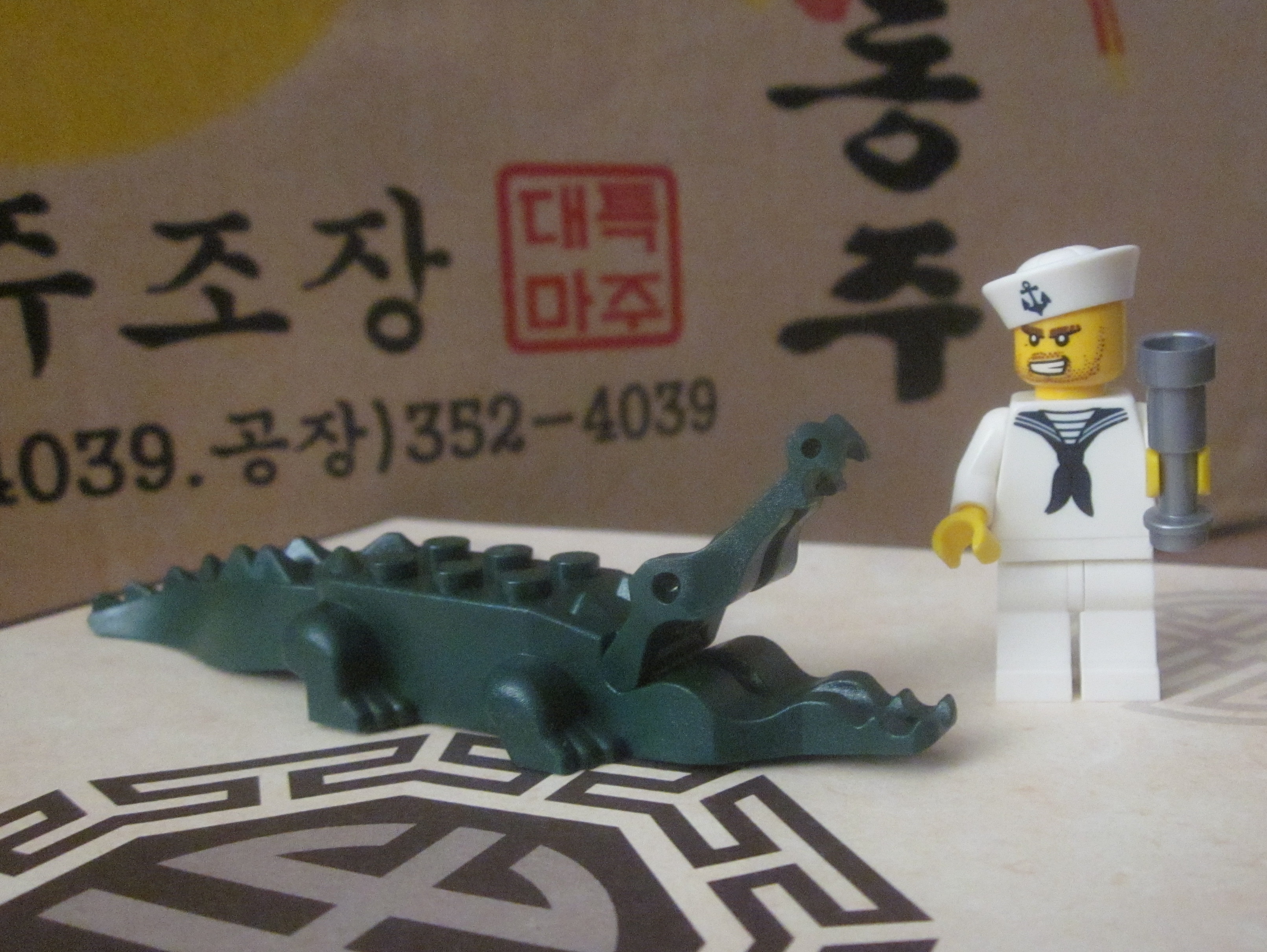One unexpected but happy outcome of my recent announcement on this blog (and hence in facebookland, too) that I have been diagnosed with cancer, is the outpouring messages and notes from distant friends, relatives, and acquaintances. I'm utterly grateful for all of that.
It really makes a difference in my ability to keep a positive outlook on this experience – please don't stop no matter what! Thank you – I love you all so much.
Among these messages, however, there have been some examples of what I can only term "religious outreach and sharing." I don't mean people who are saying they are praying for me – this is nigh universal, and completely unproblematic from my perspective. I mean people who take the opportunity to share something of their beliefs, or experiences with Jesus, etc., and who inquire as to my own religious standing.
Viewed charitably, people are offering me solace with displays of where, in their own lives, they have found their own meaning and solace. Taking a less charitable view, they're seeking to exploit me in a moment of weakness and hoping to gain a "deathbed" convert.
For the record, my faith is quite strong.
I realize these solicitations are meant in all kindness, but I don't take them as kindness. Efforts to convert me – even in the best of times – will, if anything, turn me against the belief system being advocated.
Perhaps it is the case that aggressive evangelism is in some ways admirable. Certainly it is worth noting the level of commitment and strength of faith that it requires, and the depth of human character that it draws upon. I deeply respect if not downright envy people of strong faith of all kinds. Nevertheless, that kind of "vested outreach" ("caring, but with a dogmatic agenda") strikes me as disrespectful to the intellectual autonomy of others.
Try to consider it from my point of view: "So sorry to hear your news about your being sick, but, by the way, what you believe is completely wrong. I sure hope that you can fix up your deficient belief system in the time remaining to you on this Earth, or… you-know-what!"
Ah. Thank you so much for making me feel better.
I am an atheist. If that changes, over time, then so be it, but in this moment, my faith is unshaken, firm and unwavering.
"All national institutions of churches, whether Jewish, Christian or Turkish, appear to me no other than human inventions, set up to terrify and enslave mankind, and monopolize power and profit." – Thomas Paine
Paine was called a "a demihuman archbeast" in an American newspaper contemporary to him. That being the case, how can we say that the voices in the current media are so alarming?
To digress further, briefly, for no reason, in a different vein: I once owned a horse that I named "Thomas Paine." I thought it a fitting name, as the horse seemed strongly anti-authoritarian and freethinking in character. I probably thought of the name because I was carrying around a slim copy of Paine's Age of Unreason at the time, which was the period of my disillusion with my previous "Quaker" identity. Thomas Paine was the only horse I ever owned. I didn't own him for long. When my several-months-long horseback oddessy in the mountains of Michoacan ended unpleasantly in the Spring of 1987, I gifted Thomas Paine to my friend Jon, who sold the horse later.
Thus when I think of Thomas Paine, and so too of religion and anti-religion and freethought, those meditations enchain to visceral memories of sitting atop a spirited horse in the pine forests of the high country of southwestern Mexico, or of eating carnitas and fresh tortillas and inhaling wood-smoke and shaking scorpions out of my shoes in the early morning.
For me there is a literal, viscerally-felt smell to be evoked for that sense of freedom from the anxieties of dogmas.
I should return to the question at hand: some of my friends' and acquaintances' sudden evangelical zealousness.
I assert that I am a "faith-based" atheist.
Some people might protest that I have repeatedly represented myself as Buddhist in this blog, and… isn't that a religion too?
Well yes… but no. Buddhism is indeed a religon, for many.
For me, though, Buddhism is only a practice, nothing more. It requires me to believe absolutely nothing. When my Buddhist friends talk to me of karma, I choose to interpret it metaphorically, and when they speak of reincarnation I nod politely and try to smile. Most pointedly, though, no one has ever suggested to me that it is a requirement that I believe such nonsense. So I very much appreciate that there exists a group of people that for the most part not only steadfastly refuses to dogmatize their beliefs but is even willing to affirm that I can be "one of them" without having to make any changes or adjustments of any kind to my own beliefs.
I suppose that when I was an active Quaker, 25 years ago, it was similar. Christianity, though, has an undeniable and unavoidable dogmatic burden: it requires of each believer the unambivalent affirmation of God's personal and accessible existence to each of us. No church, therefore – not even the Quakers or the Unitarians – are really able to dispense with all the metaphysical hocus pocus. If you're going to hold the Bible to some standard of eternal truth or even the broadest symbolic sacredness, you're joined at the hip to an irrational worldview. I could never feel comfortable pretending about that. I disliked my own imagined hypocrisy too intensely when I was an openly atheist "Quaker," and I felt unwelcome among Unitarians, too, for the exact same reason. They welcome all views, but, caveat: "hey, don't you think you're being a little close-minded, being an atheist?"
My "faith-based atheism" is strange to many people. Probably, it is even utterly unfathomable. People may ask, "How is it possible to have such a strong belief in, um… nothing?" As if atheism was an affirmational belief in "nothing." It's not nihilism. From my perspective, God is only one thing. So… Everything, minus one thing, is still almost everything. And that's what I believe in: I believe in everything that is in the world, everything that I can hear and feel and touch and see and taste and know and learn and achieve through my own rational mind.
In a way, I even derive some significant comfort from my atheism, in this difficult moment in my life. Where others, who have strong belief systems in benevolent or purposeful deities, would find their faith challenged or shaken by a revelation of their own possible imminent mortality, I am merely affirmed.
Of course life has no purpose, I can affirm in this moment, with a broad smile. And yet… what beauty there is in the world! What kindness other people can show! And how remarkable, then, that this happens for no reason whatsoever.
A miracle – utterly sublime.
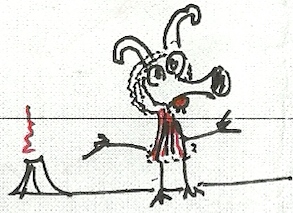 I am grateful to all my friends and family who have been showing support to me in these difficult times. I want to especially thank my friend and boss, Curt, and KarmaPlus’ subdirector Helen. They are truly caring and decent human beings. Other coworkers (and former coworkers) have been nothing but kind too.
I am grateful to all my friends and family who have been showing support to me in these difficult times. I want to especially thank my friend and boss, Curt, and KarmaPlus’ subdirector Helen. They are truly caring and decent human beings. Other coworkers (and former coworkers) have been nothing but kind too.
